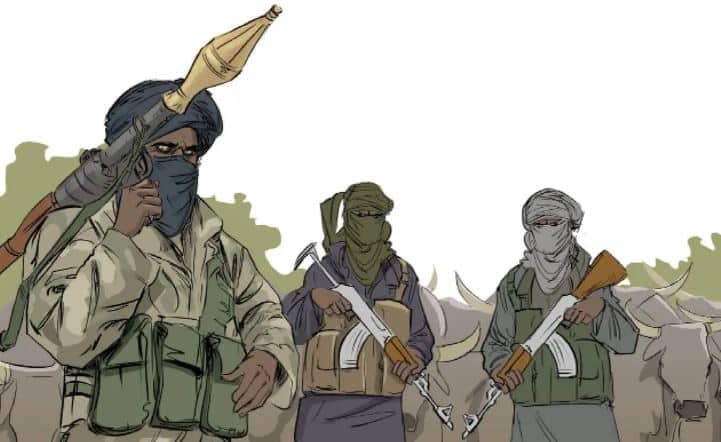The Vice-Chancellor of University of Abuja (UniAbuja), Professor Abdul-Rasheed Na’Allah has said that ongoing developments in repositioning the institution has attracted over 50 foreign students.
Na’Allah stated this while inspecting nine newly completed projects in the institution.
The projects include an office block for Faculty of Basic Clinical Science, office block for Faculty of Environmental Science, 500-capacity lecture theatre for College of Health Science and Academic Conference Center Phase 1.
Others are MicroFinance Bank, Indoor Sports Hall, International Male Hostel and International Female Hostel, amongst others.
LEADERSHIP report that Na’Allah is set to bow out from office in few days after five years tenure at the institution.
He said the university has been fully repositioned to help address some of the nation’s problems.
“We have repositioned our university for greatness because this nation depends on universities, and university of Abuja as at the point that it must begin to make a difference,” he said.
The Vice-Chancellor said the several completed projects which are ready for commissioning, were executed as part of the management’s commitment to change the face of the University.
“This is just refocusing our university as a priority, we know a great environment makes a great performance by students and staff,” the VC said.
Na’Allah noted that several other ongoing projects in the university are expected to be finished in the coming months, with the new facilities poised to make a substantial impact.
“The lecture theatres will provide more space for our students. We have insisted that every department can have lectures anywhere,” he added.
Highlighting the international appeal of UniAbuja, Na’Allah announced the university’s recent success in attracting 50 foreign students.
“We have named them international students hostels because our university has started bringing in international students, this year alone we got about 50 international students and we are now opening up to different parts of the world, different parts of Africa to bring in more students,” he said.
It would be recalled that the reports that the funding for the nine completed projects was sourced from various streams; four through Internally Generated Revenue (IGR), four via the Tertiary Education Trust Fund (TETFund), and one under the Federal Government’s ‘NEEDS’ programme.

 4 months ago
21
4 months ago
21















 English (US) ·
English (US) ·